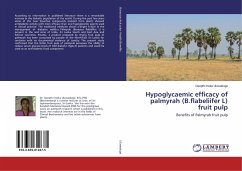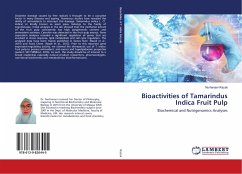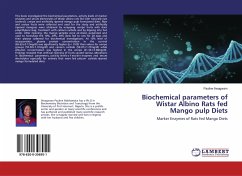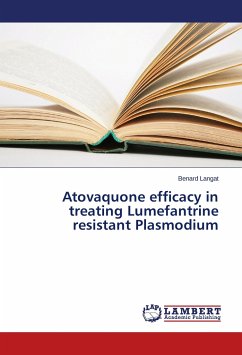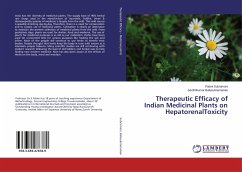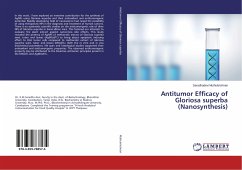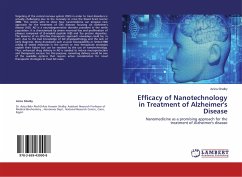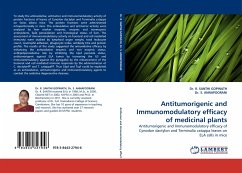According to information in published literature there is a remarkable increase in the diabetic population of the world. During the past few years some of the new bioactive compounds isolated from plants showed antidiabetic activity with more efficacy than oral hypoglycemic agents used in clinical practice. The traditional medicine shows a bright future in the management of diabetes mellitus. Palmyrah (Borassus flabellifer L) is present in the arid zone of India, Sri Lanka South and East Asia and African countries. Pinattu, a product prepared by drying fruit pulp of palmyrah has been consumed by people of the North-East Sri Lanka for centuries with no documented evidence of toxicity. The present study confirmed that the bitter fruit pulp of palmyrah possesses the ability to reduce serum glucose levels of mild diabetic (Type-II) patients and could be used as an anti-diabetic food component.
Bitte wählen Sie Ihr Anliegen aus.
Rechnungen
Retourenschein anfordern
Bestellstatus
Storno

